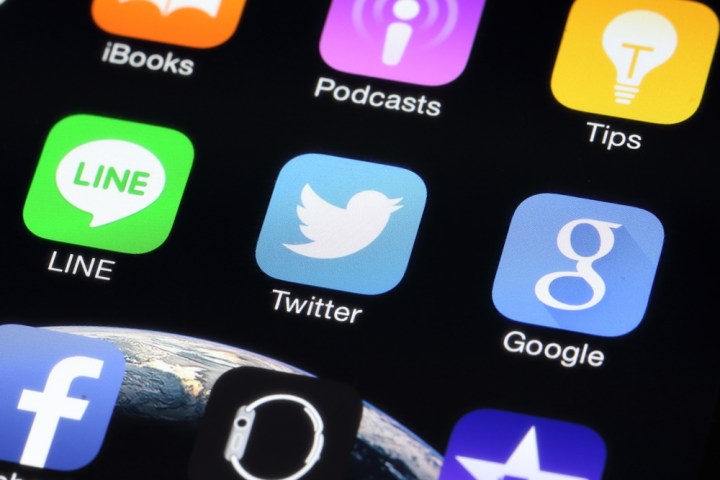
Instead, Google and Twitter will build an open source platform that caches links and makes them instantly available to the user. When browsing Twitter or Google search, the webpage will be instantly accessible by clicking the link, removing the eight-second (on average) wait while the article loads.
That is a huge gain for people who enjoy reading news, but cannot be bothered to wait for mobile loading times. It should also increase engagement on Twitter, Google News, and search, without removing the publisher’s control of content.
Google and Twitter want to make minimal changes to the way webpages load. This is a different approach from the one being followed by Facebook, Snapchat, and Apple, who all want to present news in their own refreshing way to readers — taking away the unique design choices the publishers have made.
The two tech giants are in discussions with content publishers. Google plans to keep ads when the page is cached, which may increase the price of ads on partnered publishing sites. This is still in development internally, but Google plans to offer it to others. This open source project will be available for anyone, so other tech firms like LinkedIn, Reddit, and Tumblr could all join in for free.
The rumors of Google attempting to acquire Twitter will no doubt start again, especially with the current state of its share price at $27.30, well below its historical high. That puts Twitter in the $20 billion sales price zone, and Google has shown it is not afraid to make purchases of that size in the past.
When these rumors started surfacing a few months ago, The Information’s Amir Efrati said Google’s CEO Larry Page apparently doesn’t “give a f*ck” about Twitter. That might be true, but with the breakup of Google into Alphabet, Sundar Pichai might be more interested in a deal.
Editors' Recommendations
- Google Pixel 8a: news, rumored price, release date, and more
- Google Pixel Watch 3: news, rumored price, release date, and more
- We have some bad news about the Google Pixel 9
- Heads up — your Google account may get deleted next month
- Google’s future Pixel phones just got hit with bad news
